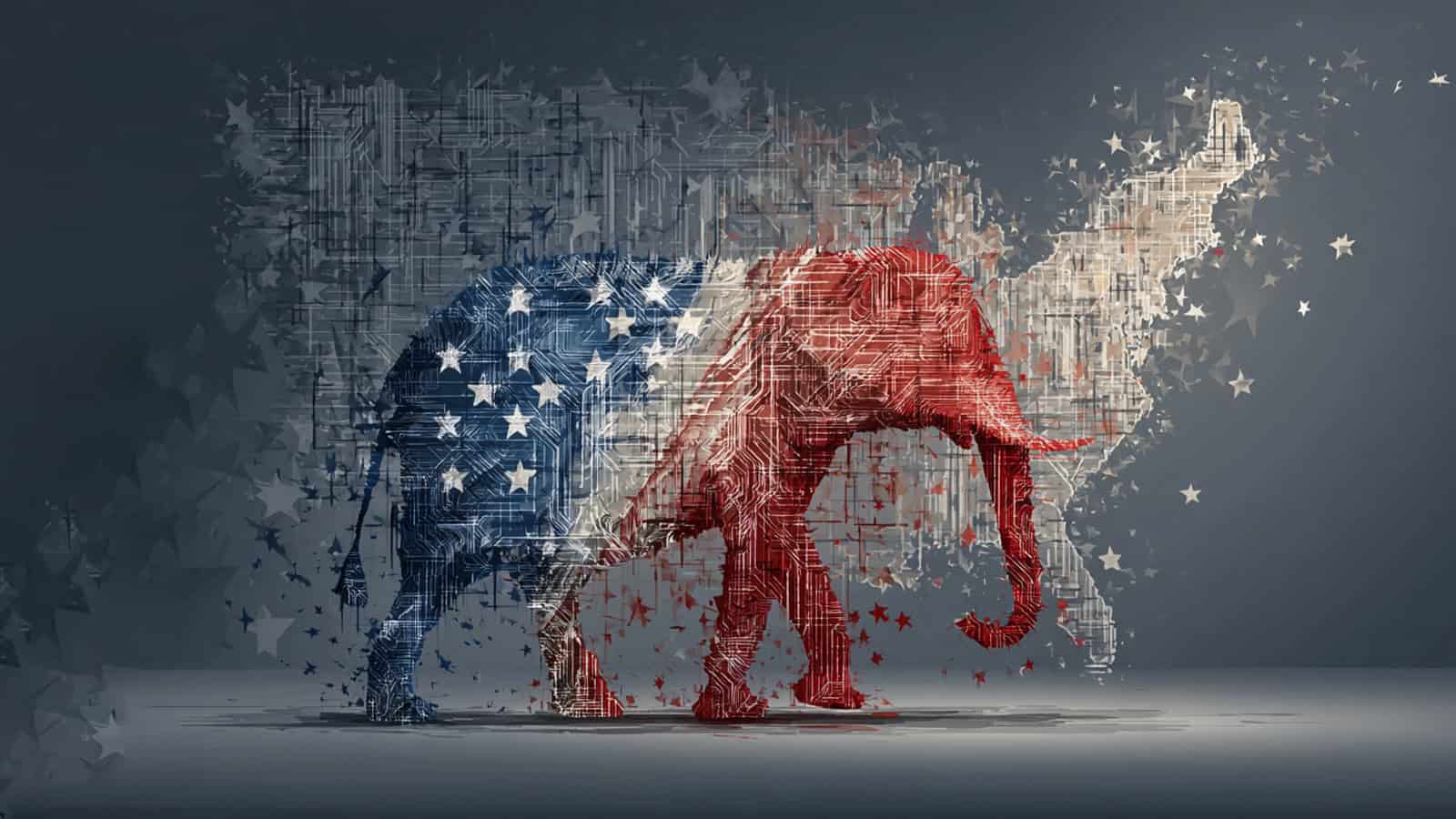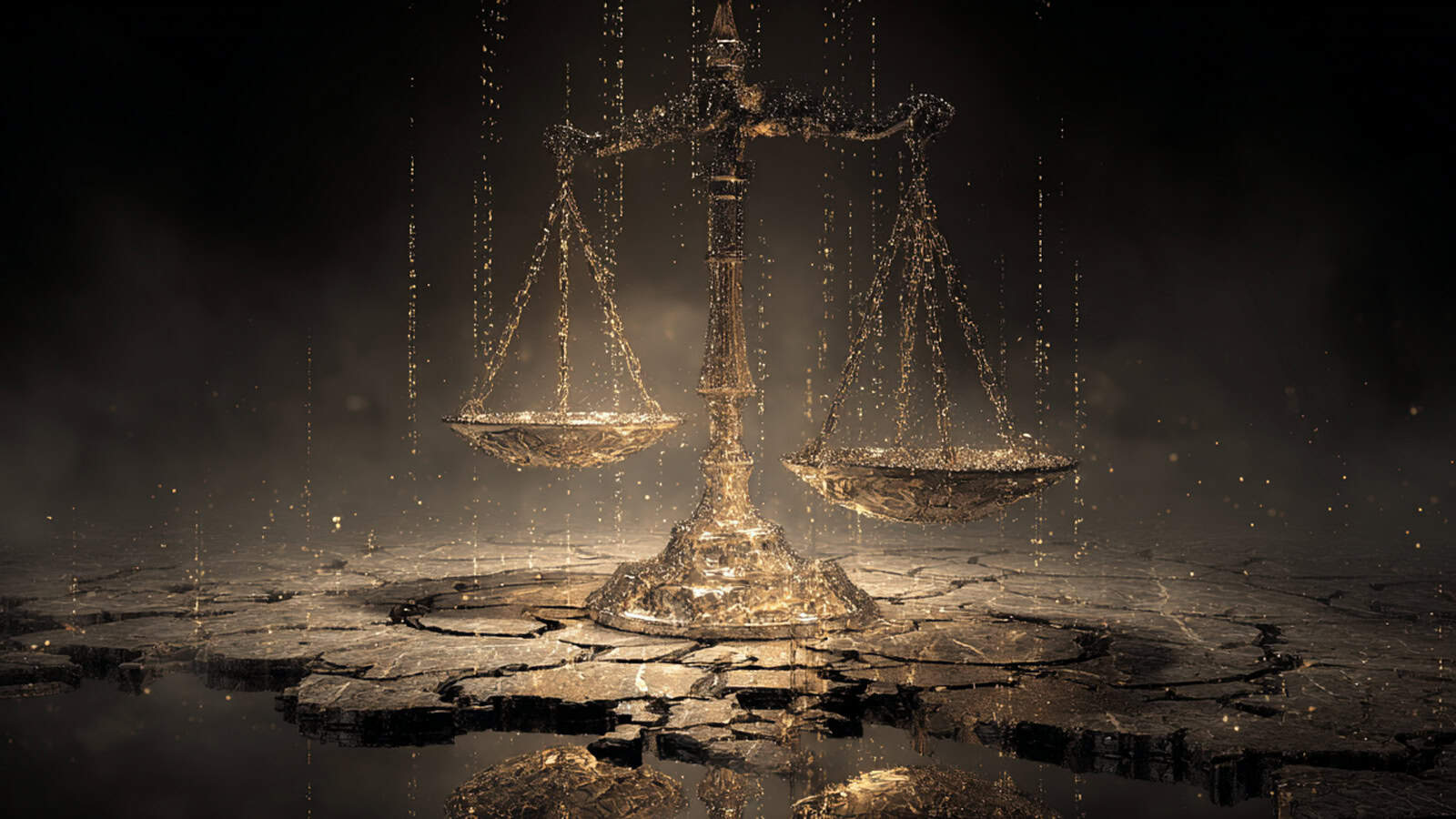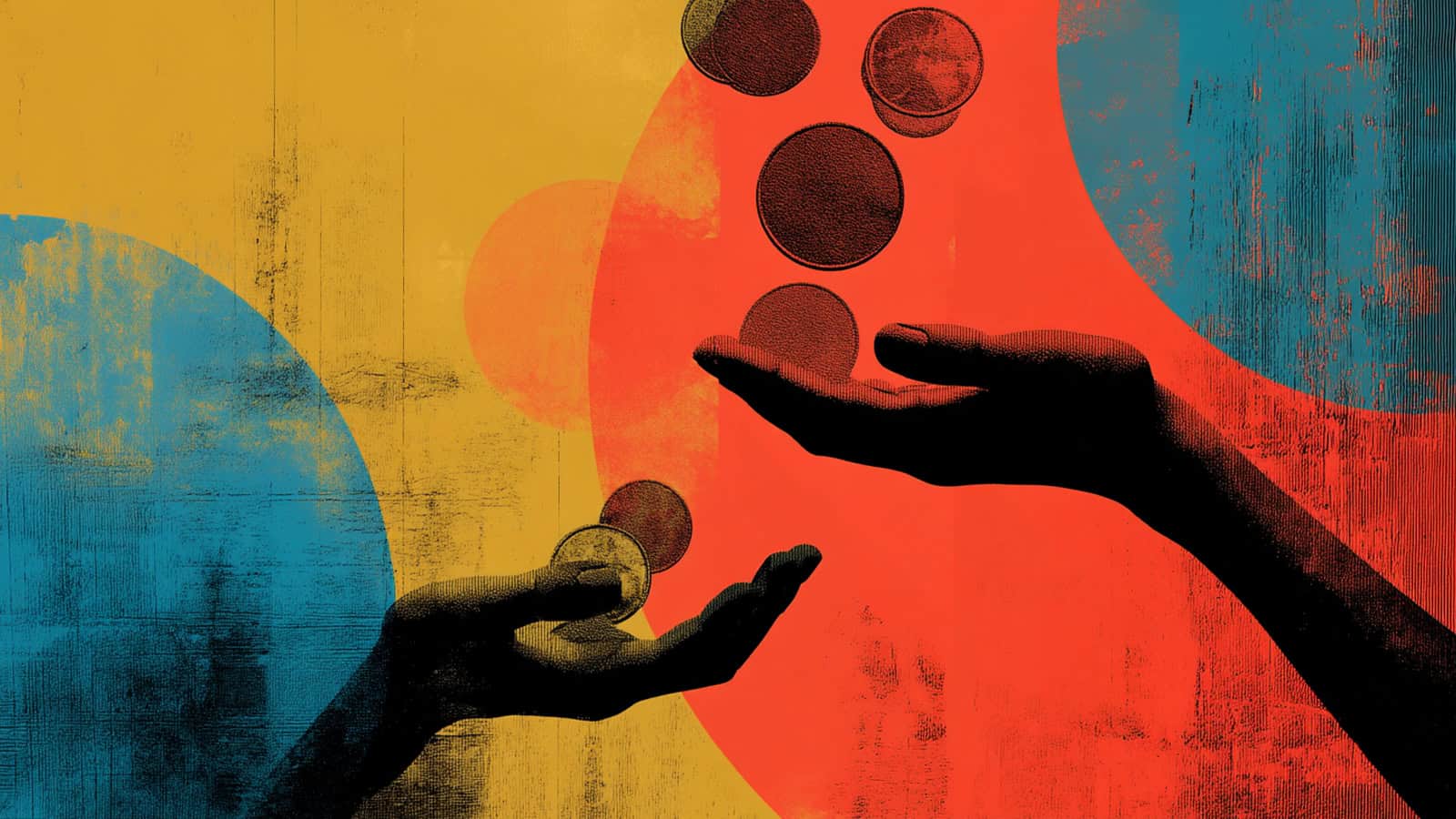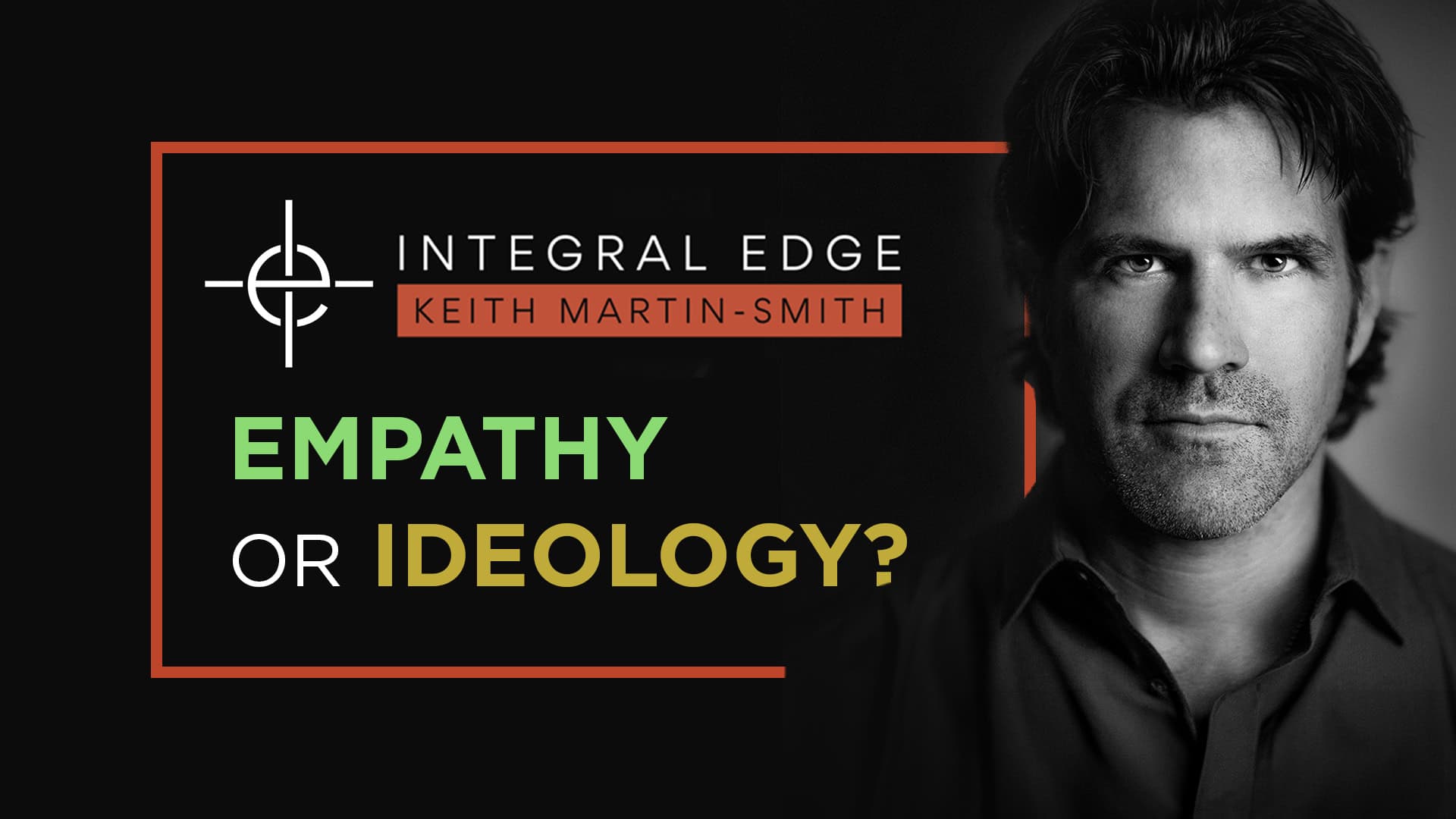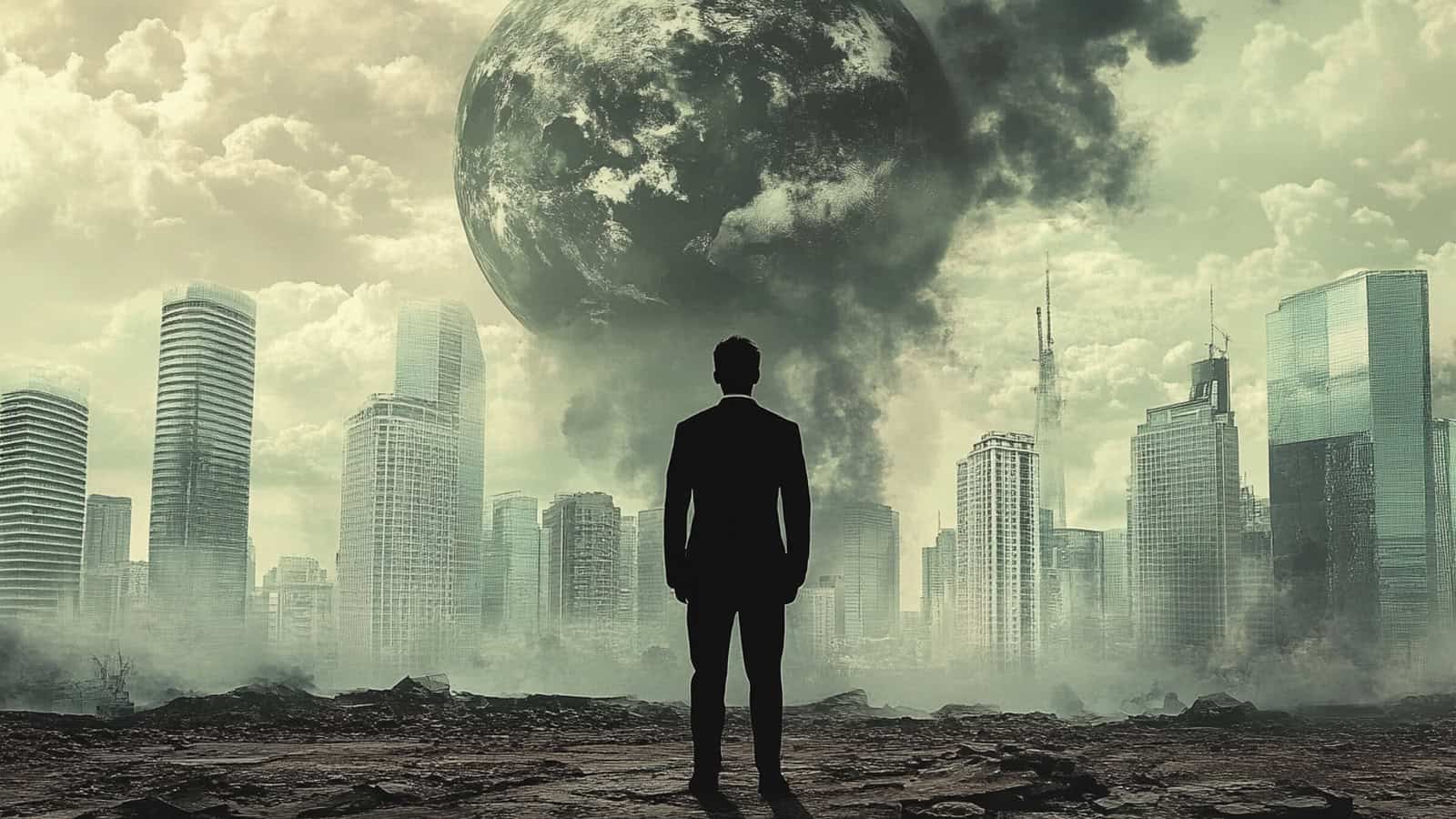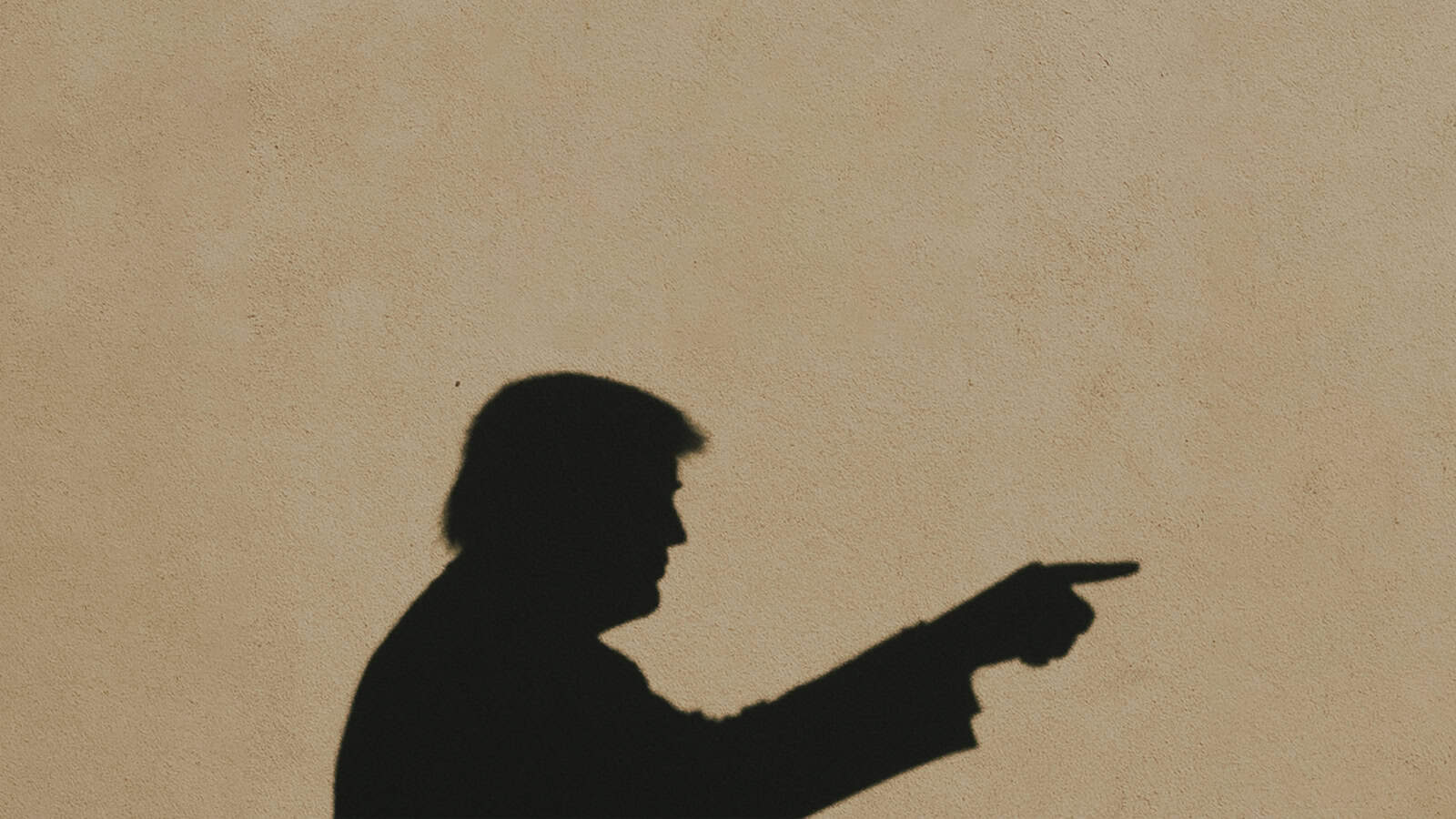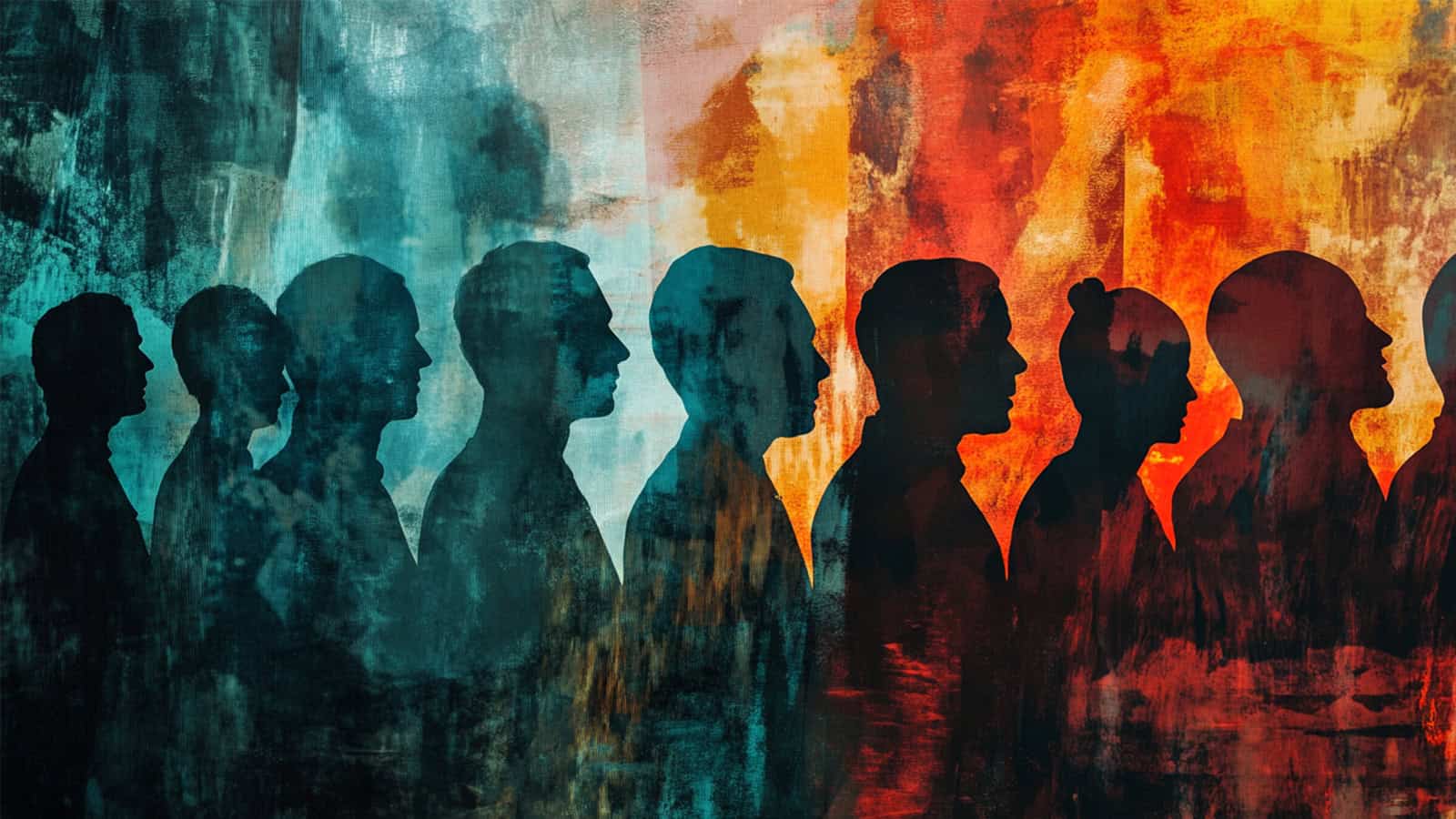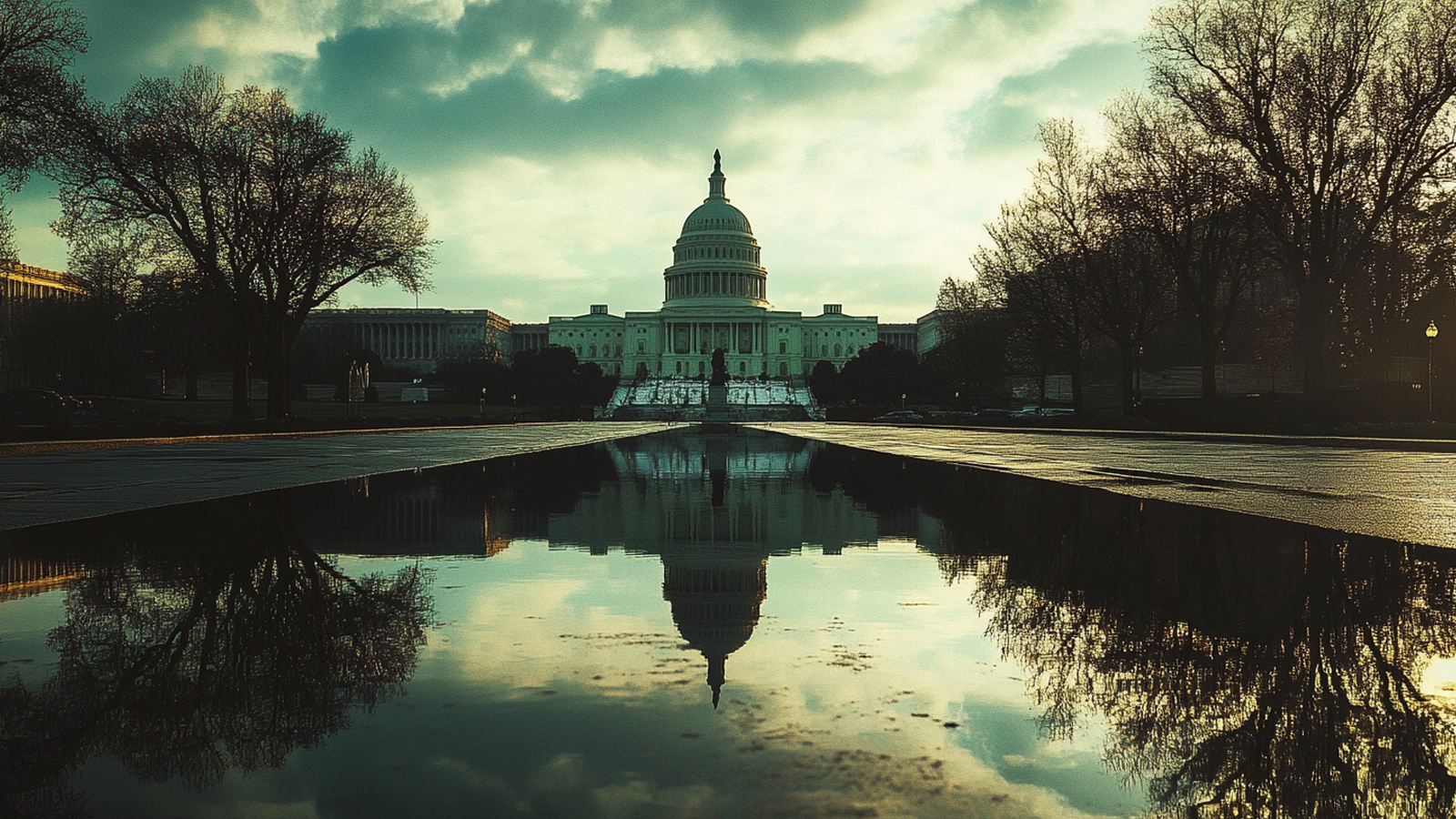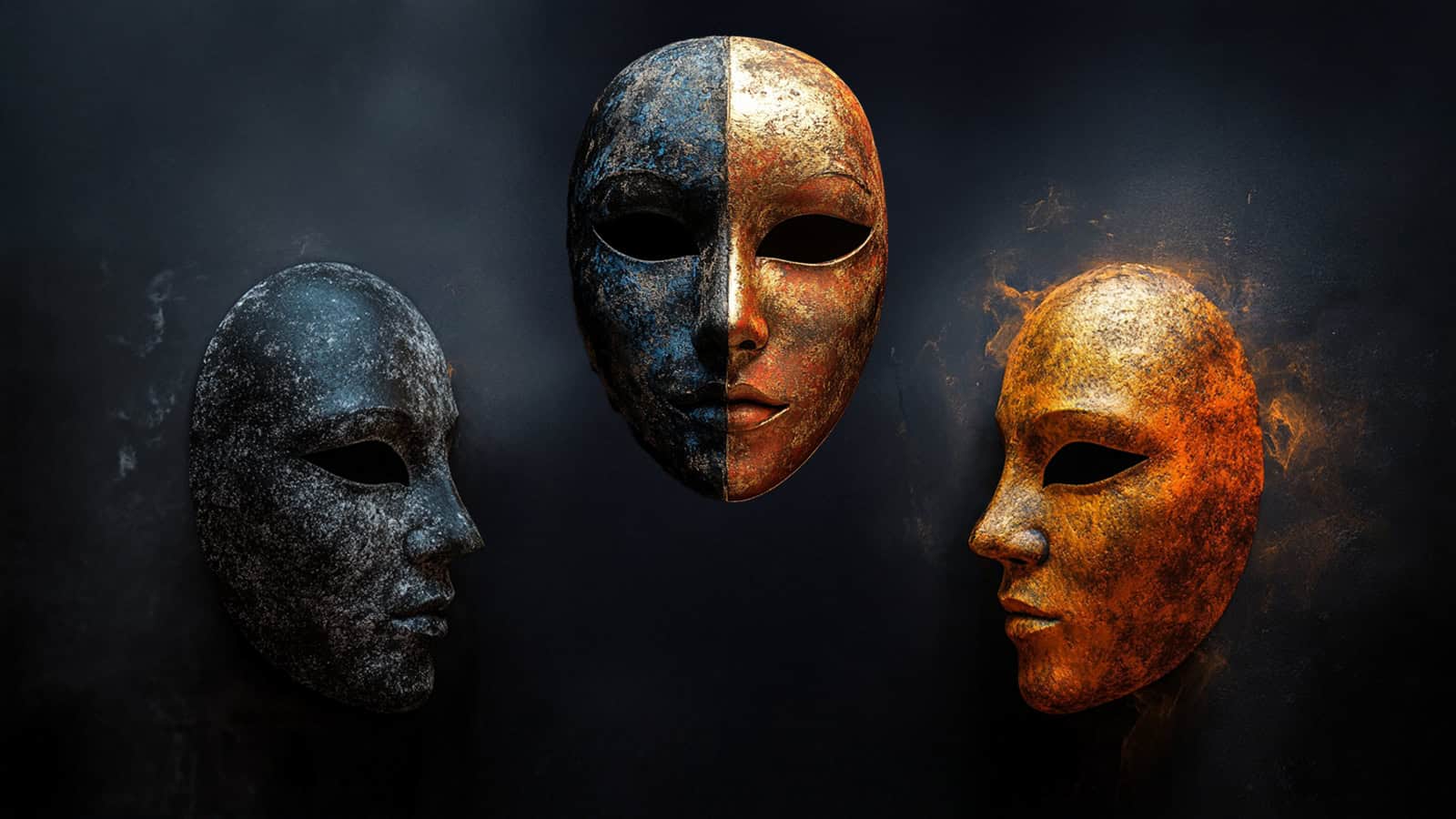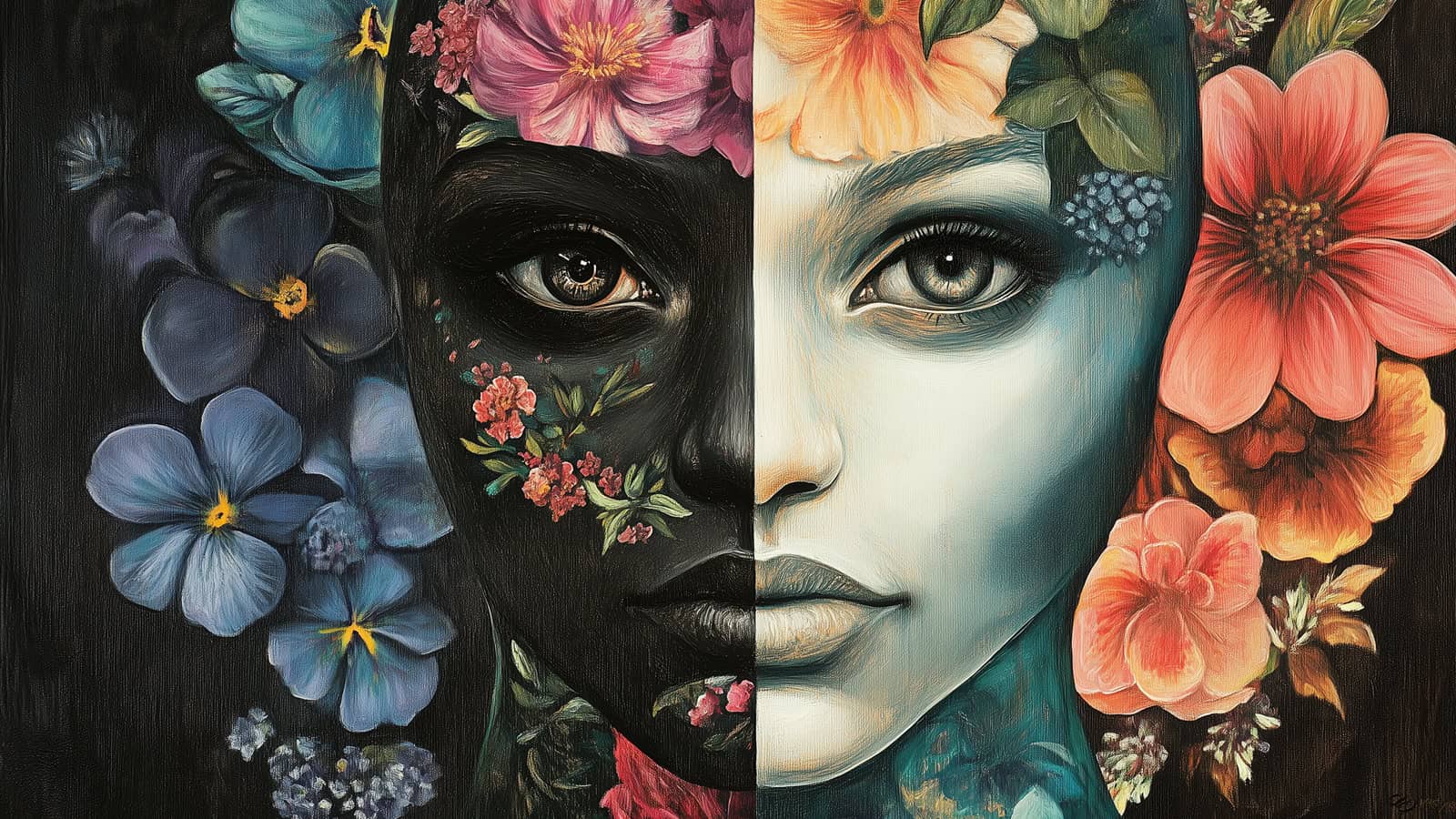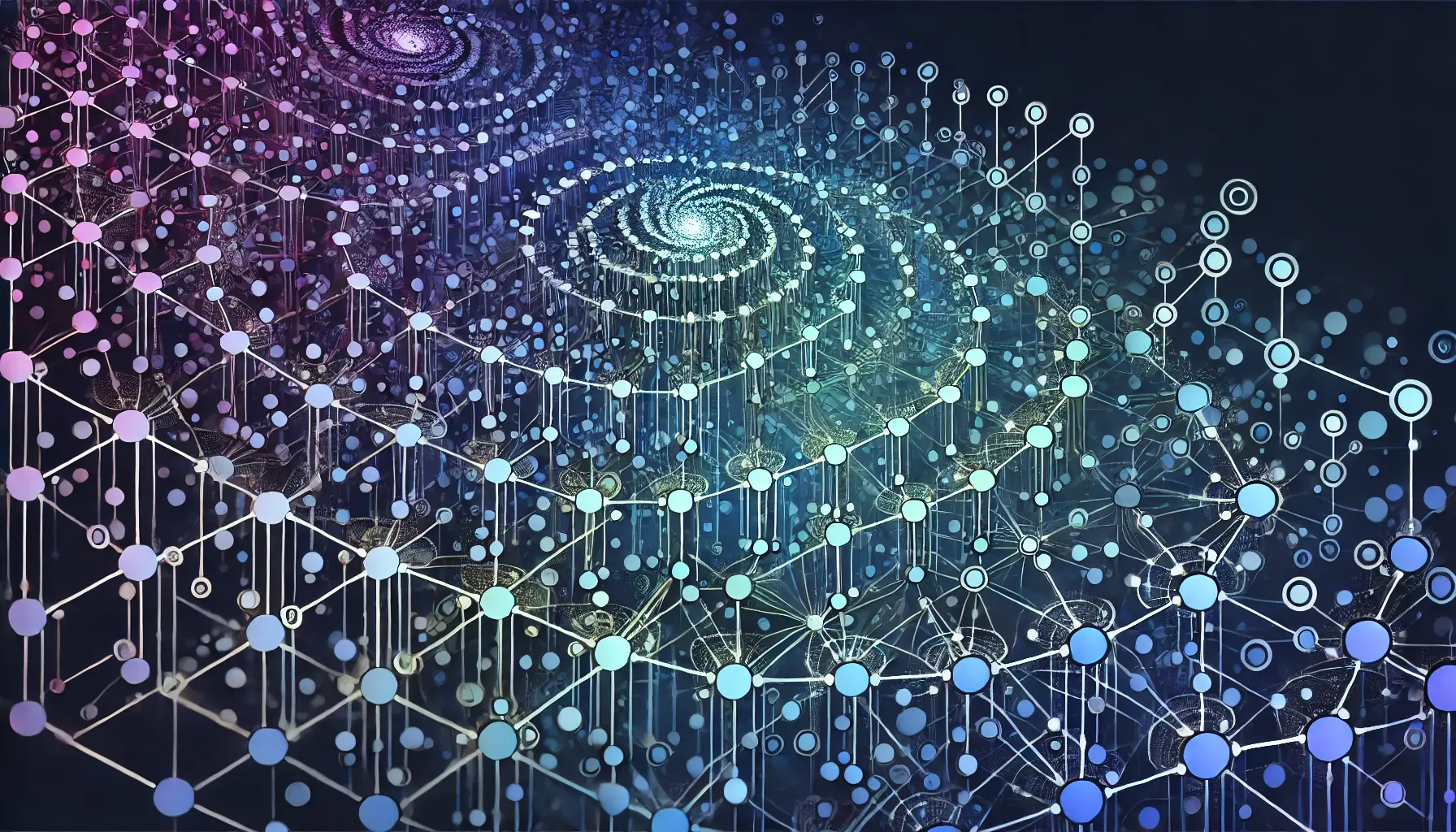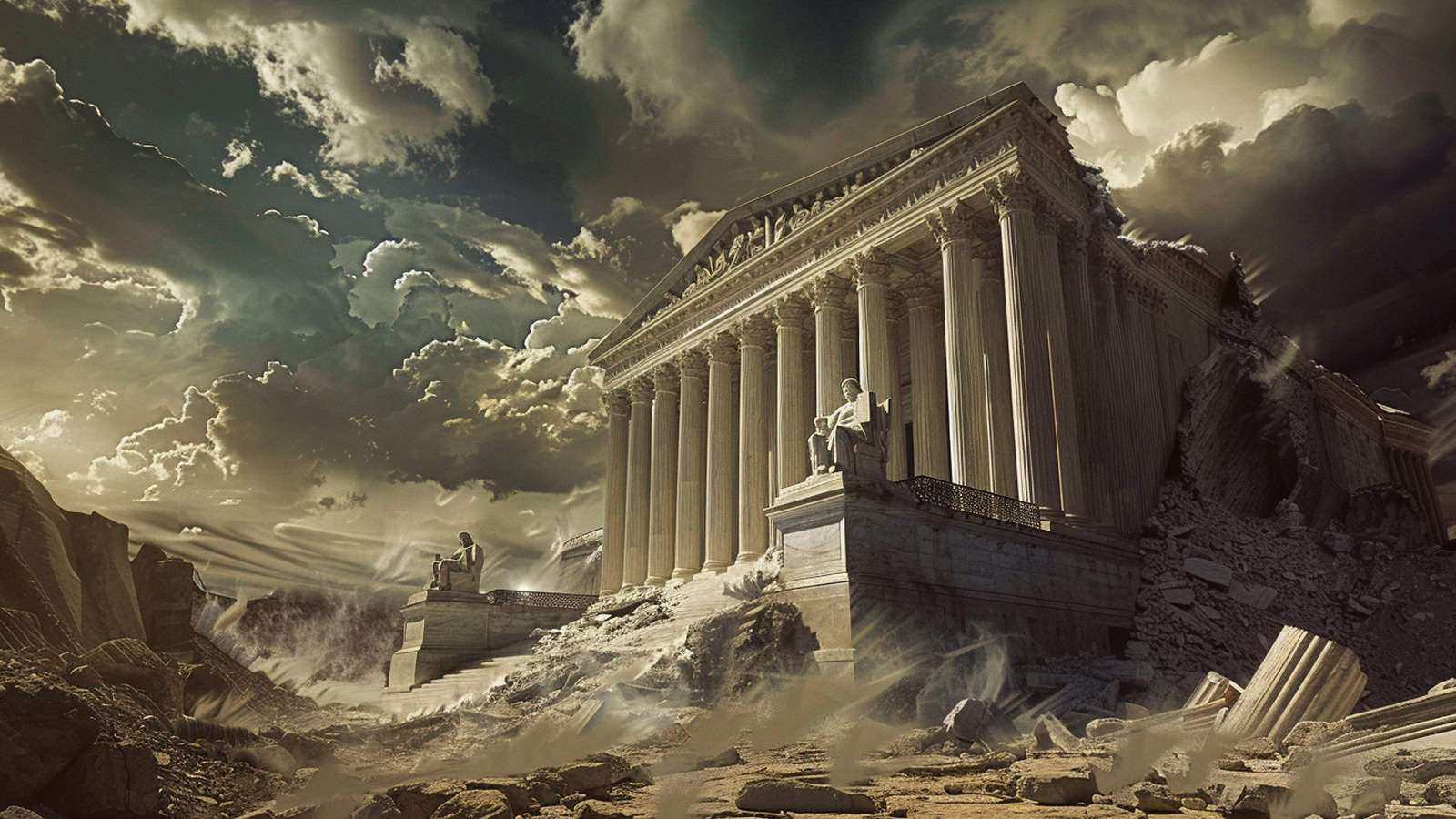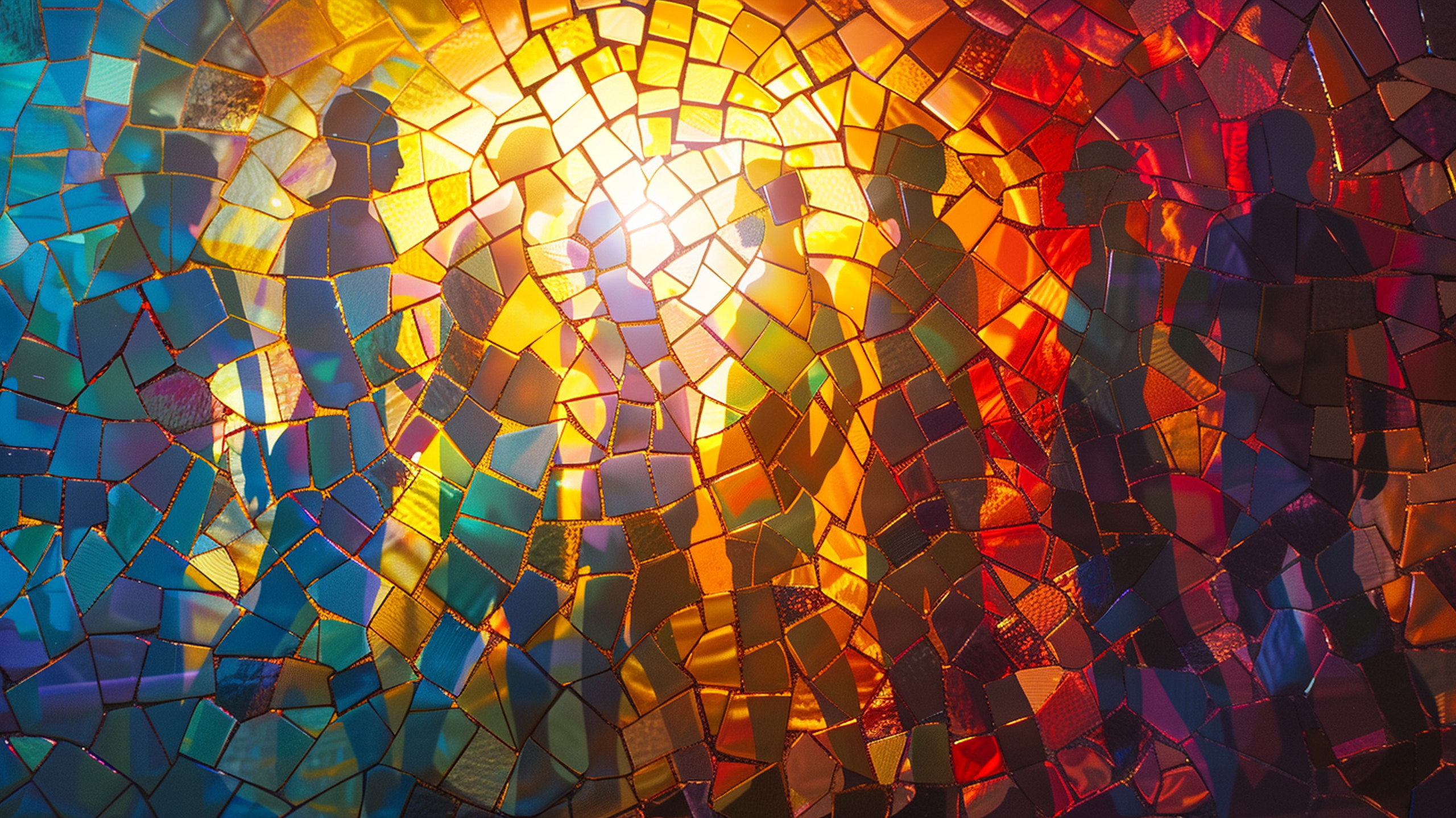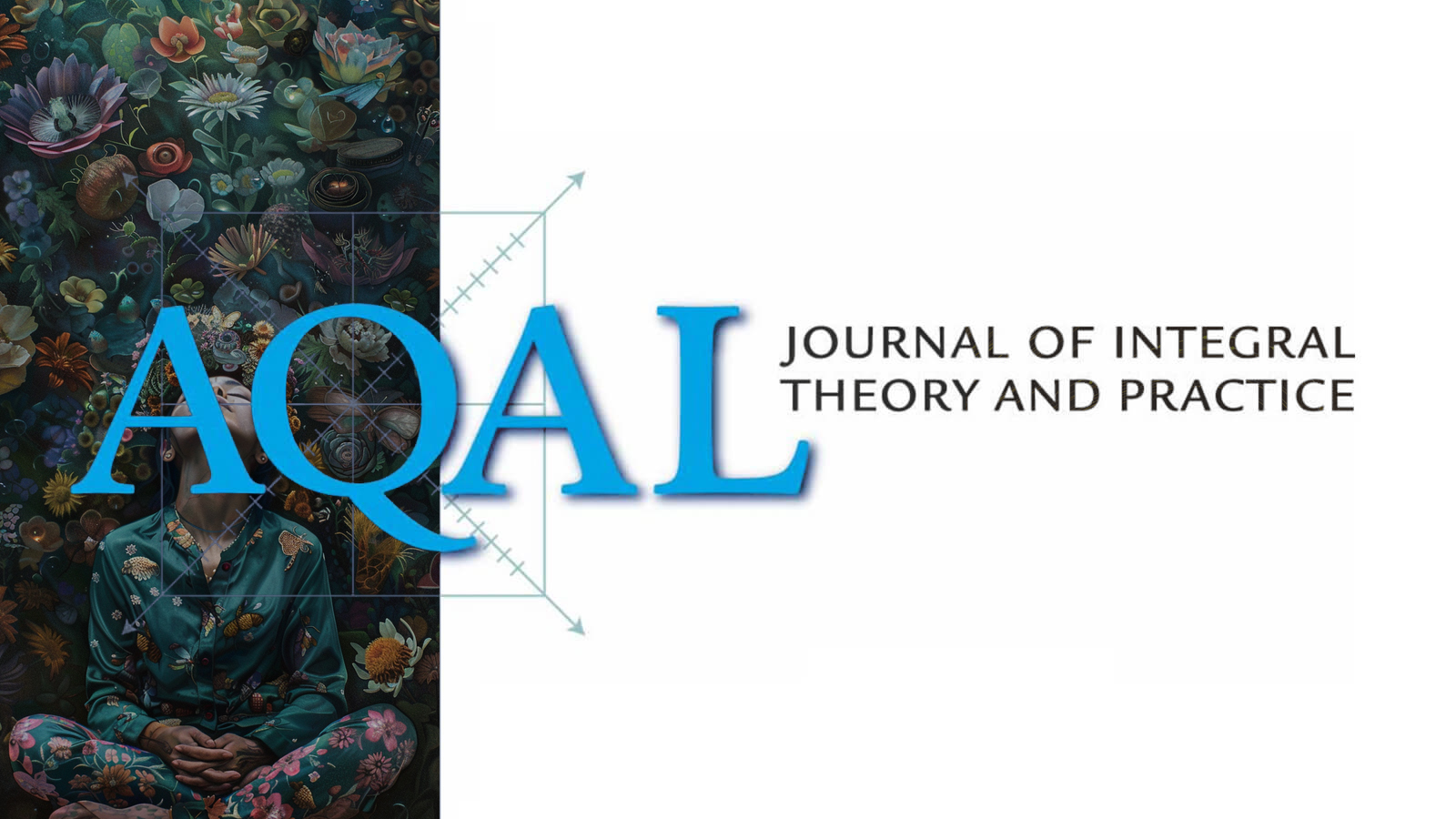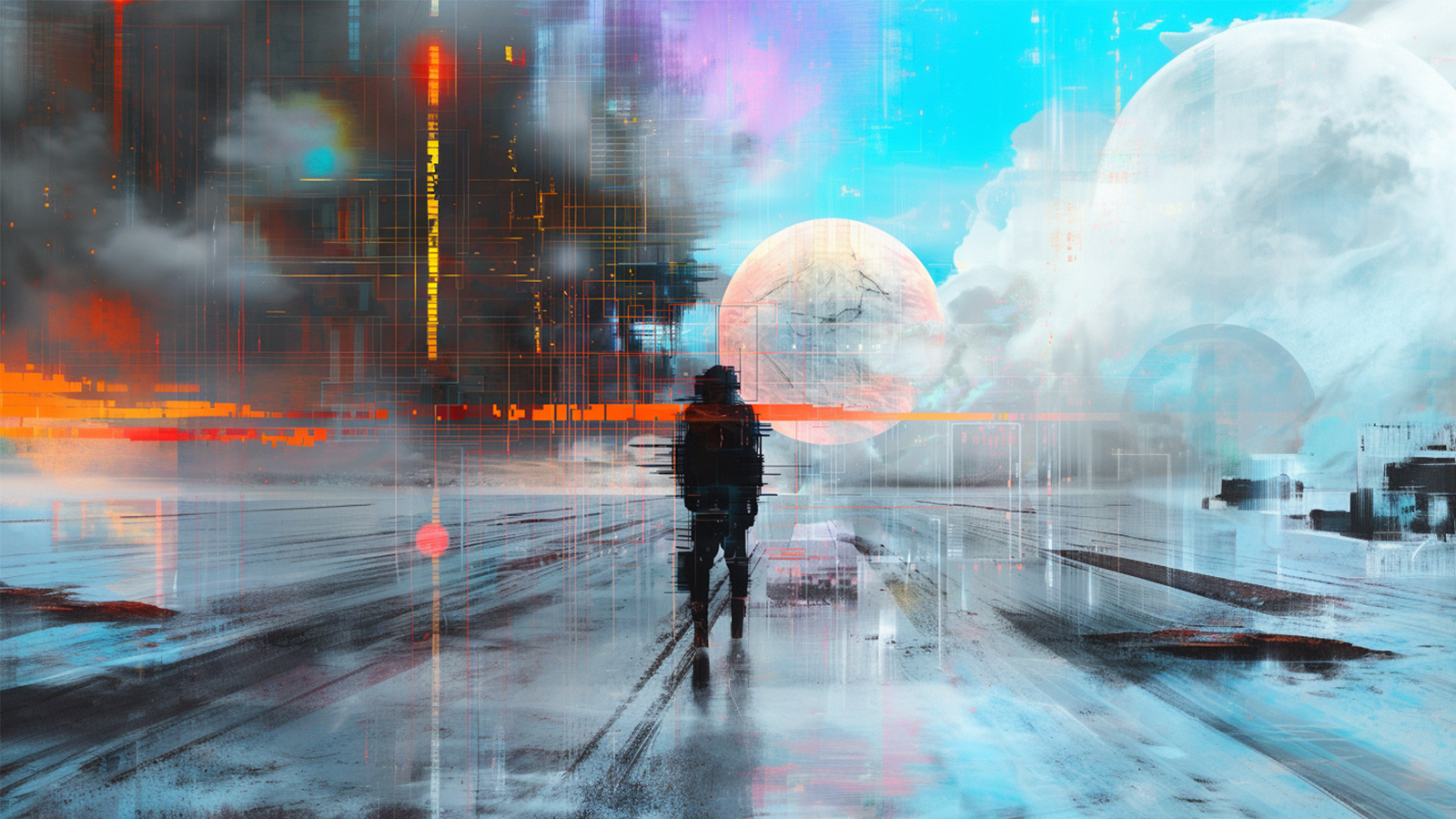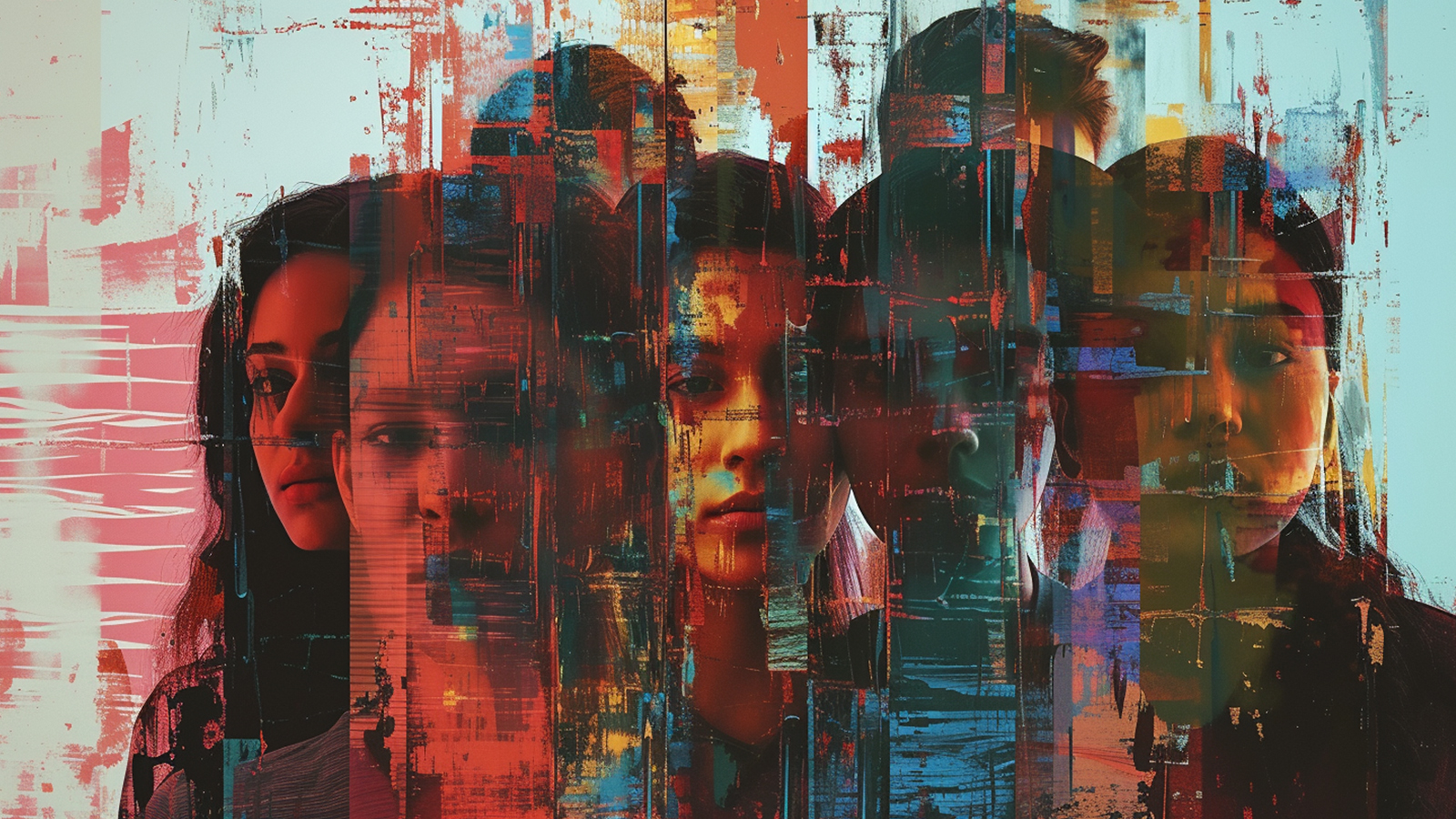Mark Edwards and Bruce Alderman explore Jean-Pierre Faye's "Horseshoe Theory," which reveals that political extremes curve toward each other when they abandon democratic norms, explaining why some voters support both Trump and AOC as anti-establishment alternatives. The discussion introduces meta-theoretical tools including Roy Bhaskar's concept of "demi-reality," Bruno Latour's analysis of "modal confusion," and the possibility of "post-conventional coalitions" that transcend left-right polarization while maintaining democratic integrity.

Politics
“The typical, well-meaning liberal approach to solving social tensions is to treat every value as equal, and then try to force a leveling or redistribution of resources (money, rights, goods, land) while leaving the values untouched. The typical conservative approach is take its particular values and try to foist them on everybody else. The developmental approach is to realize that there are many different values and worldviews; that some are more complex than others; that many of the problems at one stage of development can only be defused by evolving to a higher level; and that only by recognizing and facilitating this evolution can social justice be finally served.” – Ken Wilber

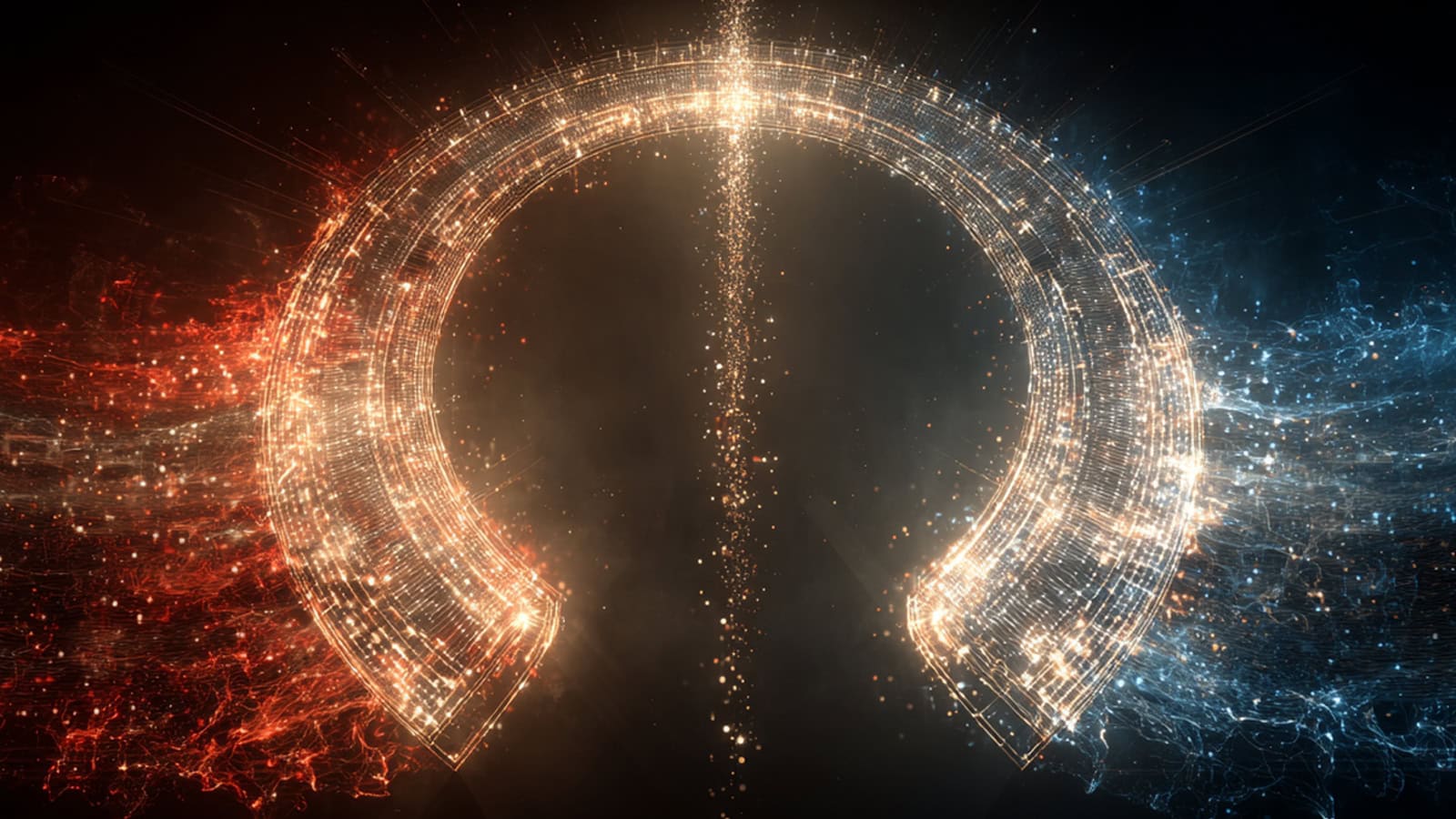
 August 28, 2025
August 28, 2025 